
🧠 How Your Brain Today Reflects Your Habits from Two Weeks Ago
🧠 How Your Brain Today Reflects Your Habits from Two Weeks Ago
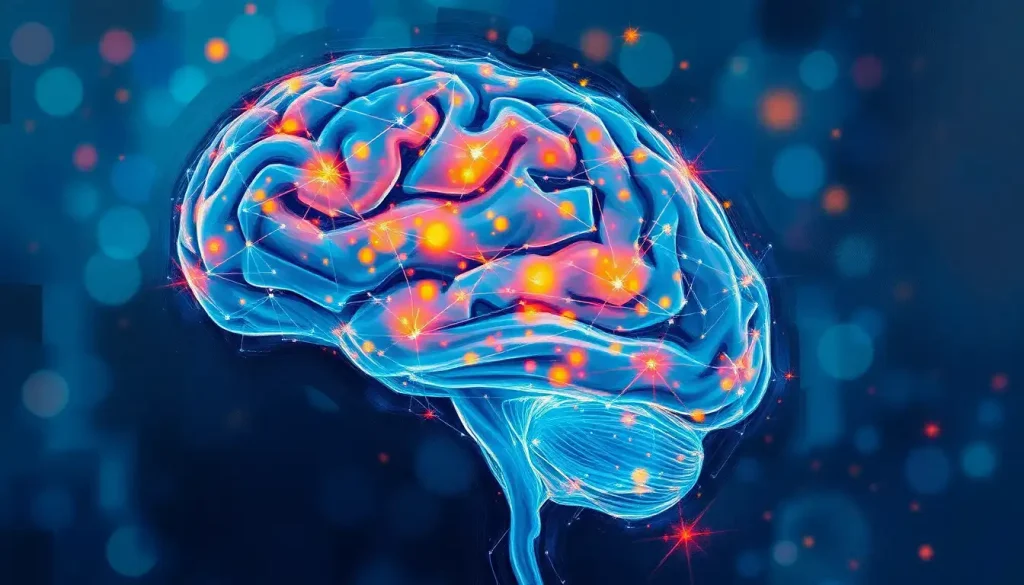
Did you know that the sleep you got two weeks ago can still affect how your brain works today?
A groundbreaking study from Aalto University and the University of Oulu in Finland reveals that your brain’s activity is influenced not just by what you did yesterday—but by your behaviors and habits from up to 15 days earlier.
Your Brain Remembers Your Habits
The researchers tracked participants over five months, using a combination of brain scans, wearable trackers, and smartphone surveys. They looked at how daily habits like sleep, exercise, and screen time impacted cognition, attention, and memory.
The results? Some behaviors only have short-term effects, but others—especially sleep and physical activity—can impact brain function for as long as two weeks. This means the brain is not just reacting in the moment, but also storing the effects of your routine and adjusting over time.
Why This Matters for Brain Health
This discovery is important because it shows how your daily routine creates lasting changes in brain connectivity. Even if you had a bad night’s sleep yesterday, your brain might still be benefiting from good habits you followed last week.
In simple terms: Your brain keeps a record of how you treat it.
Key Habits That Support Long-Term Brain Function
Here are some science-backed lifestyle habits that improve brain function—not just immediately, but for the long haul:
✅ 1. Prioritize Quality Sleep
Getting 7–9 hours of quality sleep every night helps your brain clean out toxins, organize memories, and recharge for the next day. Poor sleep, even a week ago, can affect your focus, reaction time, and emotional regulation today.
✅ 2. Exercise Regularly
Just 30 minutes a day of walking, cycling, or any aerobic activity boosts blood flow to the brain, enhancing memory and creativity. Physical activity also helps stimulate the growth of new brain cells and supports long-term mental clarity.
✅ 3. Challenge Your Brain
Reading, solving puzzles, learning a new language, or picking up a new skill all encourage neuroplasticity—the brain’s ability to adapt and form new connections. This helps keep your brain sharp well into old age.
✅ 4. Eat Brain-Boosting Foods
A diet rich in omega-3 fatty acids, antioxidants, and whole foods supports brain cell health and reduces inflammation. Foods like fatty fish, berries, leafy greens, and nuts are especially powerful.
✅ 5. Practice Mindfulness and Meditation
Daily mindfulness practices help regulate emotions, reduce stress hormones, and strengthen areas of the brain involved in attention and empathy. Even just 10 minutes a day can have lasting effects on brain connectivity.
✅ 6. Stay Socially Connected
Spending time with friends and family improves mood, lowers the risk of dementia, and keeps your brain engaged. Social interaction is a natural way to stimulate different parts of the brain.
A New Way to Think About Mental Health
These findings suggest that mental health is not just about quick fixes or reactive treatments. Instead, the future of brain health may focus more on habit-based prevention.
By tracking how behaviors shape individual brain patterns, doctors and mental health professionals could one day offer personalized mental health plans. This could revolutionize how we treat conditions like anxiety, depression, and even cognitive decline.
Final Thoughts
The choices you make each day—whether you get enough sleep, move your body, or challenge your mind—are shaping your brain more than you think. This study reminds us that our brains are always learning, adapting, and remembering—not just events, but the patterns of our lives.
So, if you want to think clearly, focus better, and feel more balanced, start building healthy habits now. Because what you do today could shape your brain’s performance two weeks from now.
News in the same category


Age 40 Is a Critical Turning Point for Longevity: 4 Sleep-Related Signs That May Indicate Shorter Lifespan and Health Risks

7 Early Signs of Stomach Cancer Everyone Should Know to Prevent Metastasis

💤 The Science of Dreaming: Why Do We Dream?

Too Much Salt May Lead to Depression, New Study Suggests
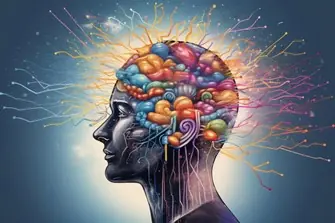
New Study Reveals: Memory May Be Stored in Cells Beyond the Brain

10 Foods You Should Eat Daily to Keep Your Arteries Clean

The Sleep Position That Could Be Quietly Damaging Your Health, According to Experts

Shocking Cancer Diagnosis at 44 Raises Alarms About a Popular Daily Sandwich Ingredient
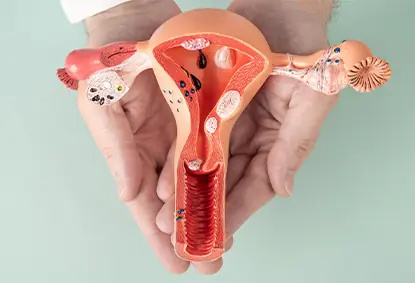
Understanding Uterine Fibroids: Causes, Symptoms, and Treatment Options

Is Your Body Trying to Tell You Something? 15 Early Signs of Cancer

If You Suddenly Wake Up Between 3:07 and 3:15 AM, You Should Be Extra Cautious
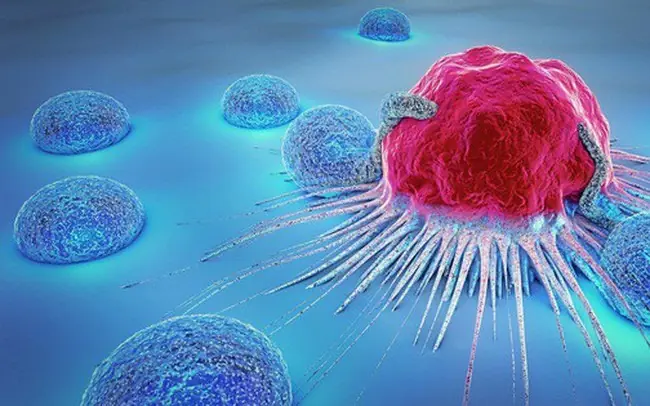
Discovery of a Drink That Helps “Push Back” Cancer: It's Not Tea or Coffee

One Year Before Death: The Body Often Shows 5 Warning Signs!

Revolutionary HIV Treatment: Lenacapavir Achieves 100% Clinical Efficacy

10 Warning Signs Your Kidneys May Be in Trouble

10 Foods Linked to Cancer You Should Avoid

How to Reduce Age Spots: Causes, Treatments, and Prevention

How to help naturally relieve gout and joint pain
News Post

My Entitled SIL Erased Us from Her Wedding – I Didn't Let Her Get Away with It

Incredible Benefits of Guava Leaves | 11 Reasons To Drink Guava Leaf Tea Daily

My Sister Hijacked My Wedding for Her Pregnancy Announcement – I Waited Until Her Gender Reveal & Got the Last Laugh

My Pregnant Sister-in-Law Turned Me into Her Maid – I Played Her Game Until She Crossed the Line

11 Natural Ways to Whiten Your Teeth Using Everyday Ingredients

I Was Cleaning out After My Divorce and Tossing Old Documents Into the Fire When One Letter Stopped Me Cold

I Cut My Niece Off from the College Fund After I Overheard Her Conversation with My Ex-wife

🥤15 Surprising Benefits of the Juice You’ve Never Tried – Onion, Pineapple & Honey

Toothpaste: The Secret to Happy Feet!

This Ancient Chinese Drink May Help Regulate Blood Sugar, Improve Circulation, and Reduce Inflammation—Naturally!

8 Reasons to Drink Ginger Tea Daily (An Impressive Healing Remedy)
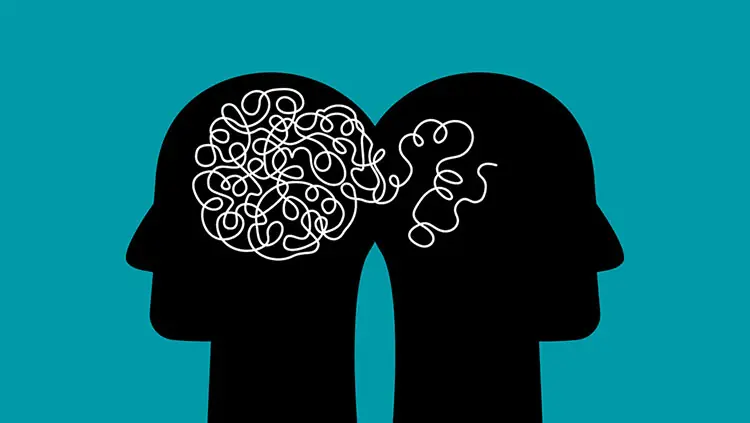
Surprising Link: Marriage May Increase Dementia Risk, New Study Finds

Birds May Use Quantum Reactions to Navigate Across the Globe

She forgot to tell her husband she was coming home. When she entered the apartment, she nearly collapsed from what she saw.

Humpback Whales Are Gathering in Giant Super-Pods—Here’s What Scientists Think It Means

Valya found out by accident that her husband had another woman — she went to the dry cleaner to pick up his suit, and along with the suit, they handed her a huge colorful dress.

Store Owner’s Daughter Kicked Me Out for No Reason — Then Her Mom Walked In and Left Me Speechless

MY SON SMILED RIGHT BEFORE SURGERY—BUT SOMEHOW HE MADE ME STEP OUT OF THE ROOM

An orphaned woman adopted a dark-skinned boy—and 20 years later discovered his shocking secret!
